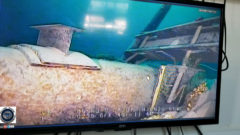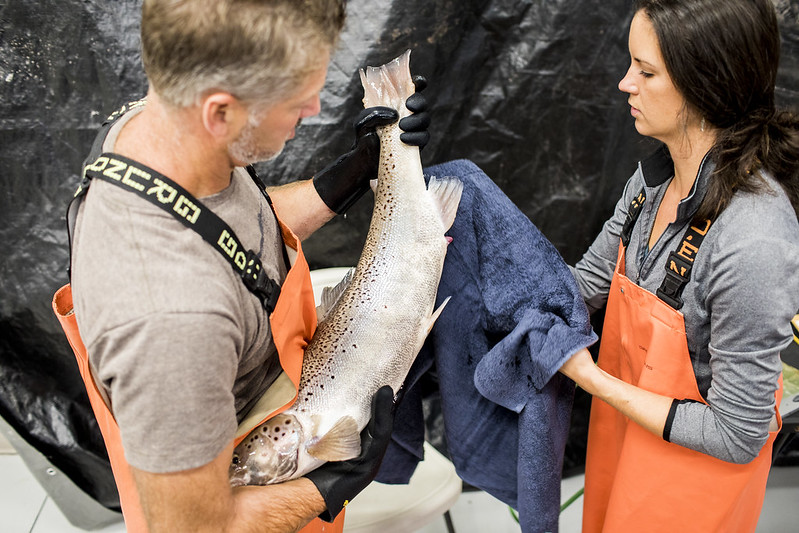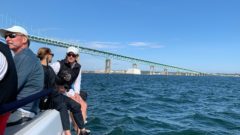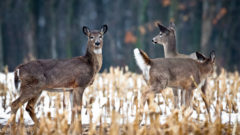EGLE takes issue with Ludington splash pad water discharge
The Michigan Department of Environment, Great Lakes and Energy is asking the City of Ludington to figure out a different way to move water out of the splash pad after it learned that the water was being discharged directly into Pere Marquette Lake. Read the full story by the Ludington Daily News.
Great Lakes Commission
https://www.glc.org/dailynews/20200921-water-discharge

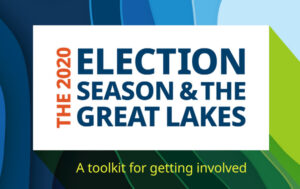
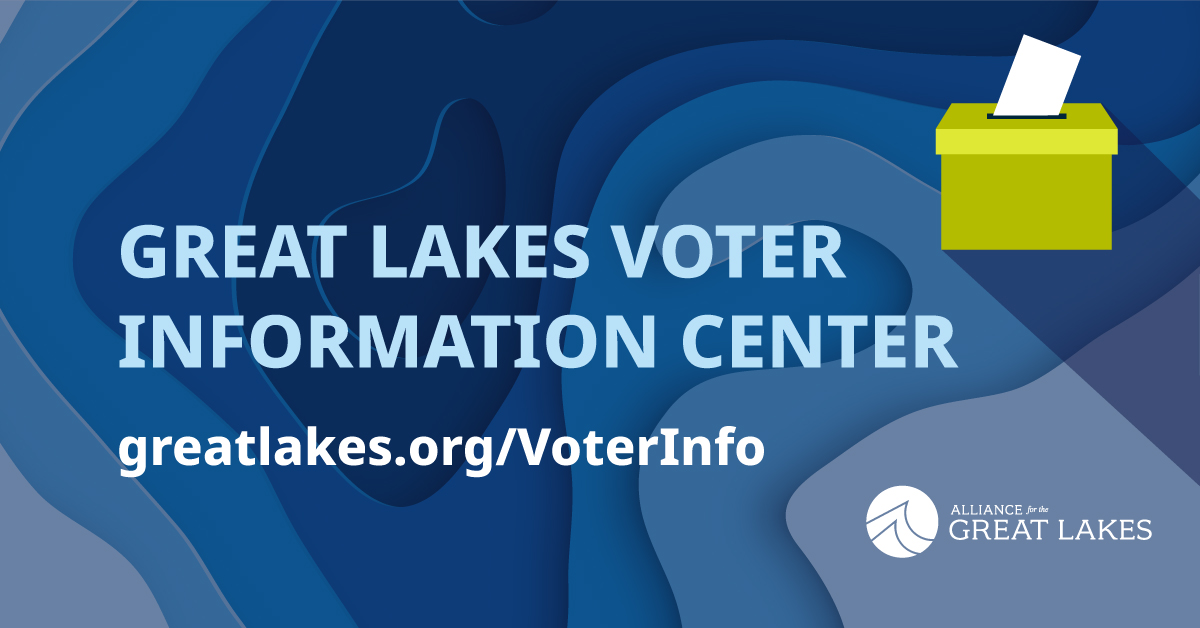
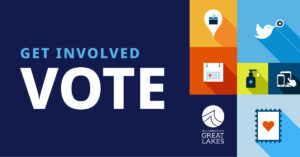
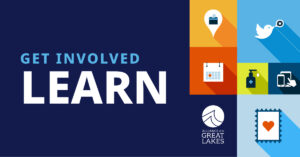 Elected officials set priorities that can lead to better protections for the lakes or leave them more vulnerable to pollution. They oversee agencies that implement clean water laws and regulations. And they make budget decisions that impact Great Lakes programs.
Elected officials set priorities that can lead to better protections for the lakes or leave them more vulnerable to pollution. They oversee agencies that implement clean water laws and regulations. And they make budget decisions that impact Great Lakes programs.  Candidate forums are an important way for you to get your issue on the agenda by asking questions about how the candidate plans to take action if elected.
Candidate forums are an important way for you to get your issue on the agenda by asking questions about how the candidate plans to take action if elected. 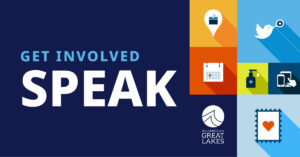 Voters like you can make sure that the Great Lakes and clean water are part of the election-year conversation. A great place to start is speaking out on social media.
Voters like you can make sure that the Great Lakes and clean water are part of the election-year conversation. A great place to start is speaking out on social media.